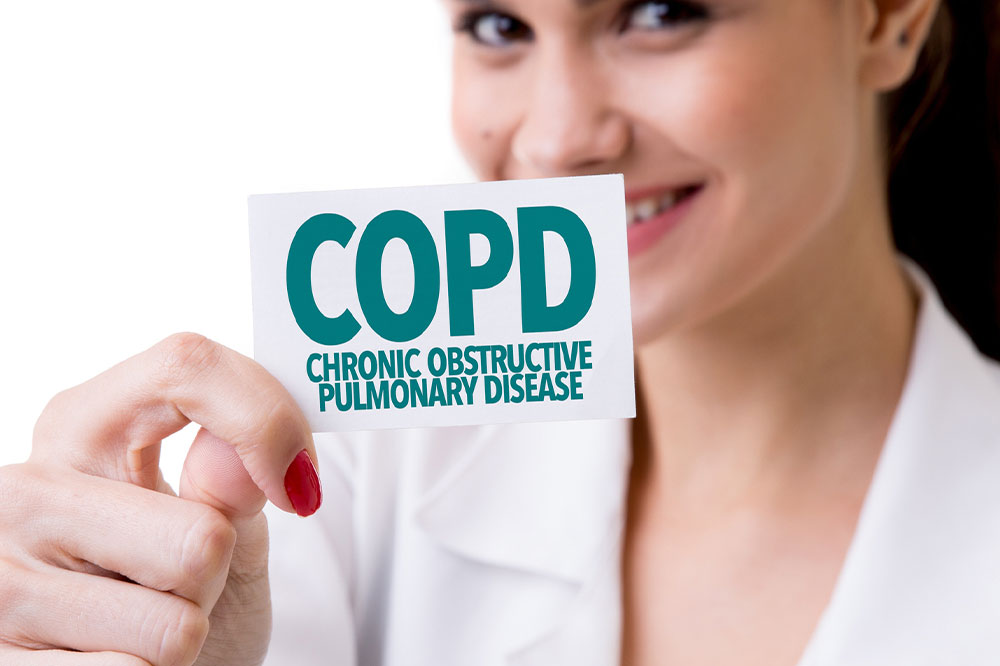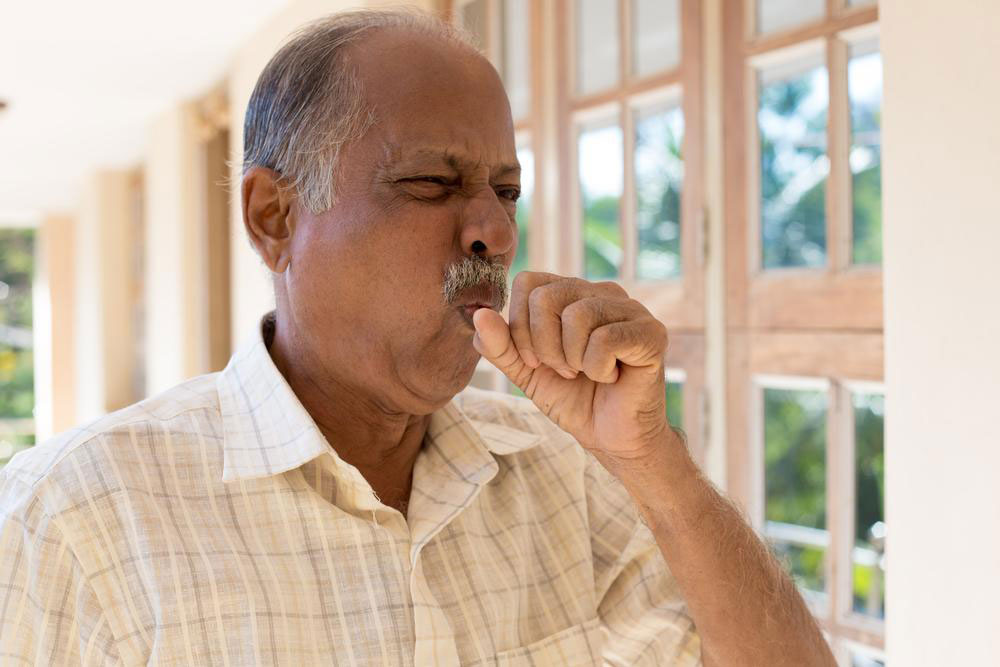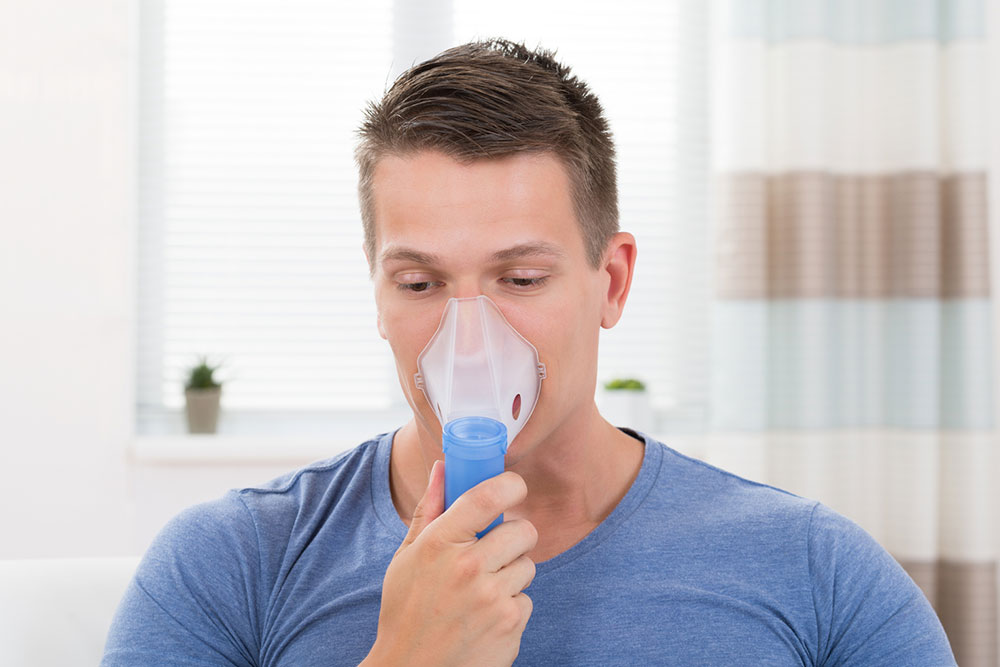Comprehensive Guide to Alternative Treatments for COPD Management
This comprehensive guide explores effective alternatives to Spiriva for COPD management, emphasizing a personalized approach that combines medication options with lifestyle modifications. It highlights how different inhalers, systemic therapies, and natural strategies can help improve lung function, reduce symptoms, and enhance quality of life for COPD patients. Consulting healthcare providers for tailored treatment plans is key to optimal management, ensuring safer and more effective care tailored to individual needs.

Exploring Effective Alternatives to Spiriva for Better COPD Control
Chronic Obstructive Pulmonary Disease (COPD) remains one of the most common and debilitating respiratory conditions worldwide. Characterized by persistent airflow limitation, COPD leads to symptoms such as chronic cough, wheezing, shortness of breath, and chest tightness. While inhaled medications like Spiriva (tiotropium) are widely prescribed and considered the cornerstone of COPD management, they are not suitable for everyone due to potential side effects or contraindications. This has prompted patients and healthcare providers to search for alternative treatment options that are both safe and effective. Understanding these alternatives and their role in increasing quality of life is essential for optimizing COPD care.
Understanding COPD and the Role of Medications
Chronic Obstructive Pulmonary Disease is primarily caused by long-term exposure to harmful particles or gases, most notably cigarette smoke, but also air pollution and occupational dust. COPD's progression leads to a gradual decline in lung function, making breathing increasingly difficult. Inhaled medications, including bronchodilators like Spiriva, are used to relax airway muscles, reduce airflow obstruction, and decrease inflammation. Despite their benefits, some patients may experience adverse effects, such as dry mouth, urinary retention, or increased risk of infections. Additionally, those with certain pre-existing conditions like glaucoma or prostate issues need to be cautious when using specific inhalers. Therefore, finding alternative treatments with fewer side effects or tailored to specific health needs can greatly improve patient outcomes.
Exploring Effective Alternatives to Spiriva
When considering alternatives to Spiriva, it’s crucial to understand how different medications work and their potential benefits and risks. Below are some of the most common and promising options:
Long-acting Beta-agonists (LABAs): These inhalers, such as salmeterol and formoterol, help relax airway muscles, making breathing easier over extended periods. They are often used as monotherapy or in combination with other drugs to enhance efficacy.
Combination Inhalers: Combining LABAs with inhaled corticosteroids (ICS) or with long-acting muscarinic antagonists (LAMAs) can provide superior symptom relief and reduce exacerbations. For example, fluticasone/salmeterol combines anti-inflammatory and bronchodilator effects.
Phosphodiesterase-4 Inhibitors: Medications like roflumilast target inflammation pathways and are particularly beneficial for patients with chronic bronchitis and frequent exacerbations, providing an alternative for those unable to tolerate inhalers.
Oral Medications and Systemic Therapies: Sometimes, oral bronchodilators or steroids are used for short-term management of severe exacerbations, especially when inhalers are insufficient or contraindicated.
Choosing the most suitable alternative involves evaluating individual health factors, medication tolerability, and specific COPD symptoms. Healthcare professionals can tailor treatment plans that optimize lung function, minimize side effects, and improve daily living.
The Importance of Lifestyle Changes in Managing COPD
Beyond medication, lifestyle modifications play a pivotal role in managing COPD effectively. These natural and behavioral strategies can complement prescription therapies, leading to better health outcomes and improved quality of life.
Quitting Smoking: The most impactful step anyone with COPD can take is to stop smoking. Tobacco smoke worsens lung damage and accelerates disease progression. Quitting smoking, including alternative nicotine delivery systems like e-cigarettes, can significantly slow disease progression and improve response to treatment.
Healthy Diet: Consuming a balanced diet rich in fruits, vegetables, whole grains, and omega-3 fatty acids supports immune function and lung health. Fish like salmon and tuna provide anti-inflammatory benefits that can aid respiratory health.
Hydration: Adequate fluid intake helps thin mucus secretions, making it easier to clear airways. Staying well-hydrated is especially important during exacerbations or when mucus production increases.
Breathing Exercises and Pulmonary Rehabilitation: Techniques such as diaphragmatic breathing, pursed-lip breathing, and participation in pulmonary rehab programs enhance lung capacity and reduce breathlessness. These exercises can empower patients to manage symptoms proactively.
Integrating these natural strategies with prescribed medications offers a holistic approach to COPD management, reducing the frequency and severity of flare-ups and enhancing overall wellbeing.
Consulting Healthcare Providers for a Personalized Treatment Plan
Every patient’s experience with COPD is unique, necessitating a personalized approach to treatment. Engaging with healthcare professionals ensures that chosen therapies align with individual health profiles, preferences, and lifestyle. Regular follow-ups help monitor disease progression, adjust medications, and incorporate new treatment options as needed. This collaborative approach fosters better management, symptom control, and a markedly improved quality of life.
In conclusion, while Spiriva remains an effective medication for many COPD patients, exploring alternative treatments is vital for those who experience side effects or seek a more tailored approach. Combining medication options with lifestyle modifications offers the best chance for COPD patients to breathe easier and enjoy an active, healthier life. Always consult with your healthcare provider before making changes to your treatment regimen to ensure safety and optimal results.





